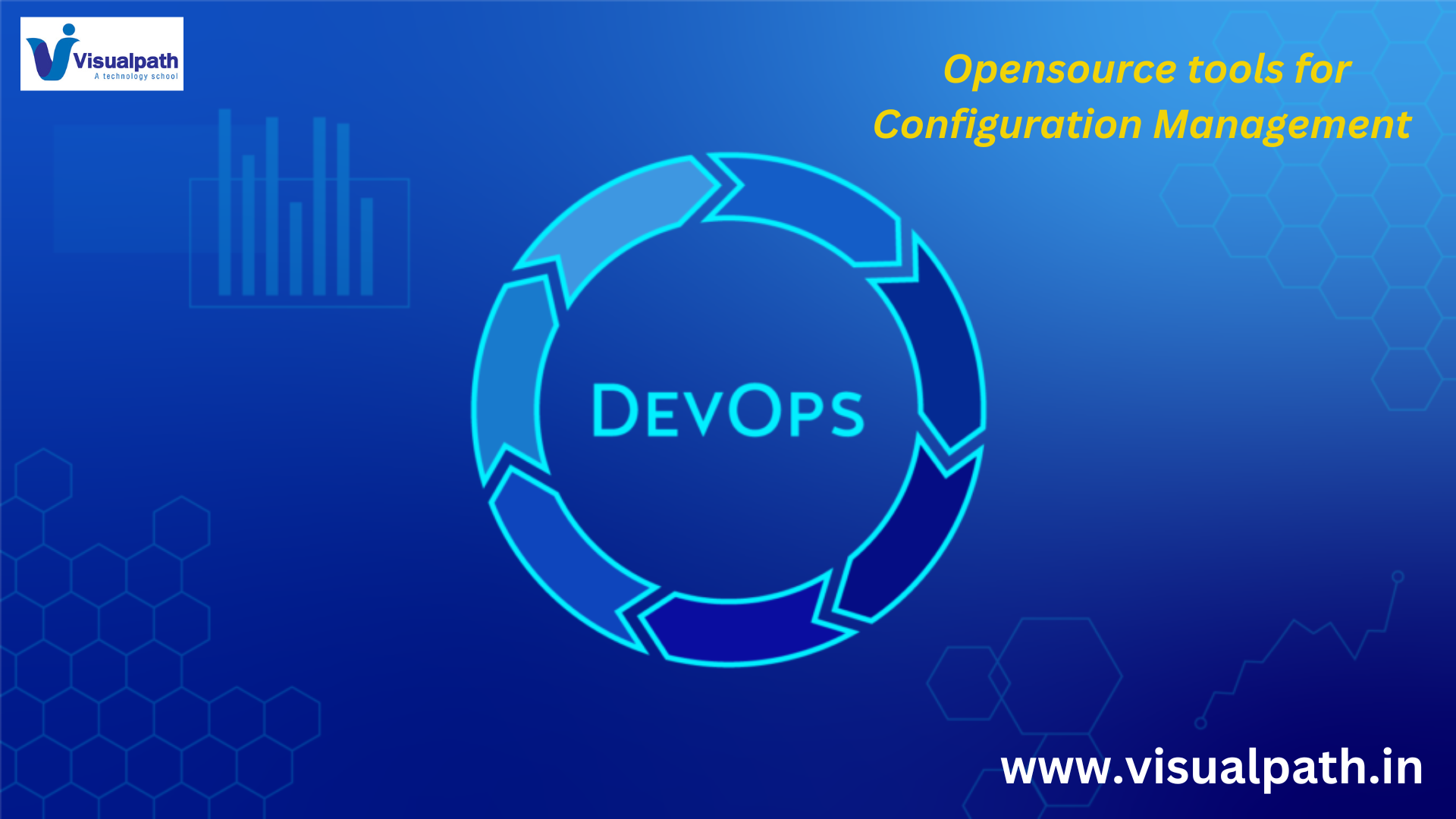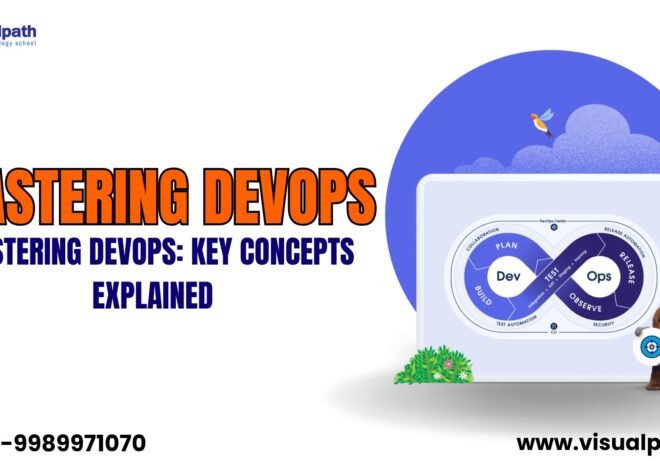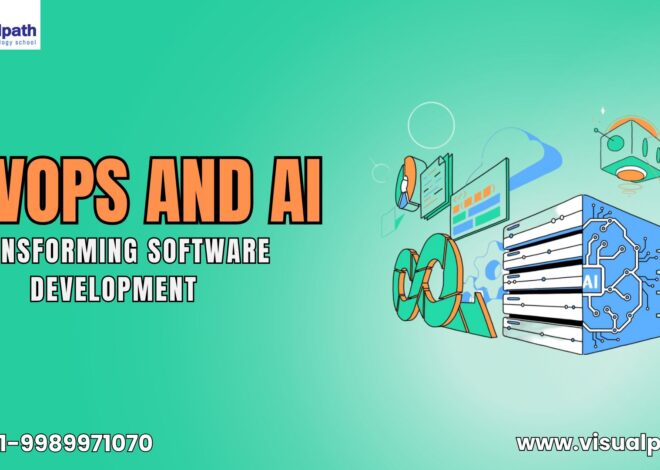Configuration Management (CM) is critical for maintaining consistency across IT infrastructure, ensuring systems and software are in the desired state. Several open-source tools provide robust solutions for CM, each with unique features and benefits. DevOps Training
- Ansible:
- Features: Ansible is known for its simplicity and ease of use. It uses YAML for configuration, making it accessible for those unfamiliar with complex coding. Ansible is agentless, which means it doesn’t require any software to be installed on the nodes being managed. It’s suitable for tasks like application deployment, configuration management, and automation.
- Benefits: Ansible’s straightforward approach and human-readable language lower the barrier to entry, making it ideal for smaller teams or those new to CM. Its agentless architecture simplifies management and reduces overhead.
- Puppet:
- Features: Puppet uses a declarative language to define system configurations. It operates on a client-server model, where managed nodes (agents) communicate with a central server (Puppet Master) to enforce the desired state. Puppet is highly scalable, making it suitable for large infrastructures. DevOps Online Training
- Benefits: Puppet’s mature ecosystem and extensive module library enable quick integration and deployment of complex configurations. Its declarative nature ensures idempotency, where repeated applications of configurations yield the same result, enhancing reliability.
- Chef:
- Features: Chef uses Ruby-based DSL (Domain Specific Language) to define configurations. It also follows a client-server architecture but supports standalone mode (Chef Solo) for smaller setups. Chef is known for its flexibility and ability to manage both cloud and on-premises environments seamlessly.
- Benefits: Chef’s flexibility and integration capabilities make it suitable for diverse environments. Its strong community support and comprehensive documentation facilitate troubleshooting and learning.
- Salt Stack:
- Features: Salt Stack (Salt) emphasizes speed and scalability, using a high-speed communication bus for rapid data transmission. It supports both push and pull configurations, making it versatile. Salt can manage a vast number of nodes with low latency.
- Benefits: Salt’s performance and scalability are advantageous for managing large and dynamic environments. Its ability to handle real-time event-driven automation provides a robust solution for dynamic infrastructures. DevOps Training in Hyderabad
- Terraform:
- Features: Terraform, by Hashi Corp, is primarily used for infrastructure as code (IaC). It allows users to define and provision data Center infrastructure using a declarative configuration language. Terraform supports various cloud providers and services.
- Benefits: Terra form’s provider-agnostic nature enables managing multi-cloud environments with a single tool. Its state management and plan/apply mechanism ensure predictable and controlled infrastructure changes.
Each of these tools offers a unique set of features and benefits, catering to different needs and preferences in configuration management. AWS DevOps Online Training By leveraging these tools, organizations can achieve greater efficiency, consistency, and control over their IT infrastructure.
Visualpath is the Leading and Best Software Online Training Institute in Hyderabad. Avail complete DEVOps World wide You will get the best course at an affordable cost.
Attend Free Demo
Call on – +91-9989971070
WhatsApp: https://www.whatsapp.com/catalog/919989971070
Visit: https://www.visualpath.in/devops-online-training.html




